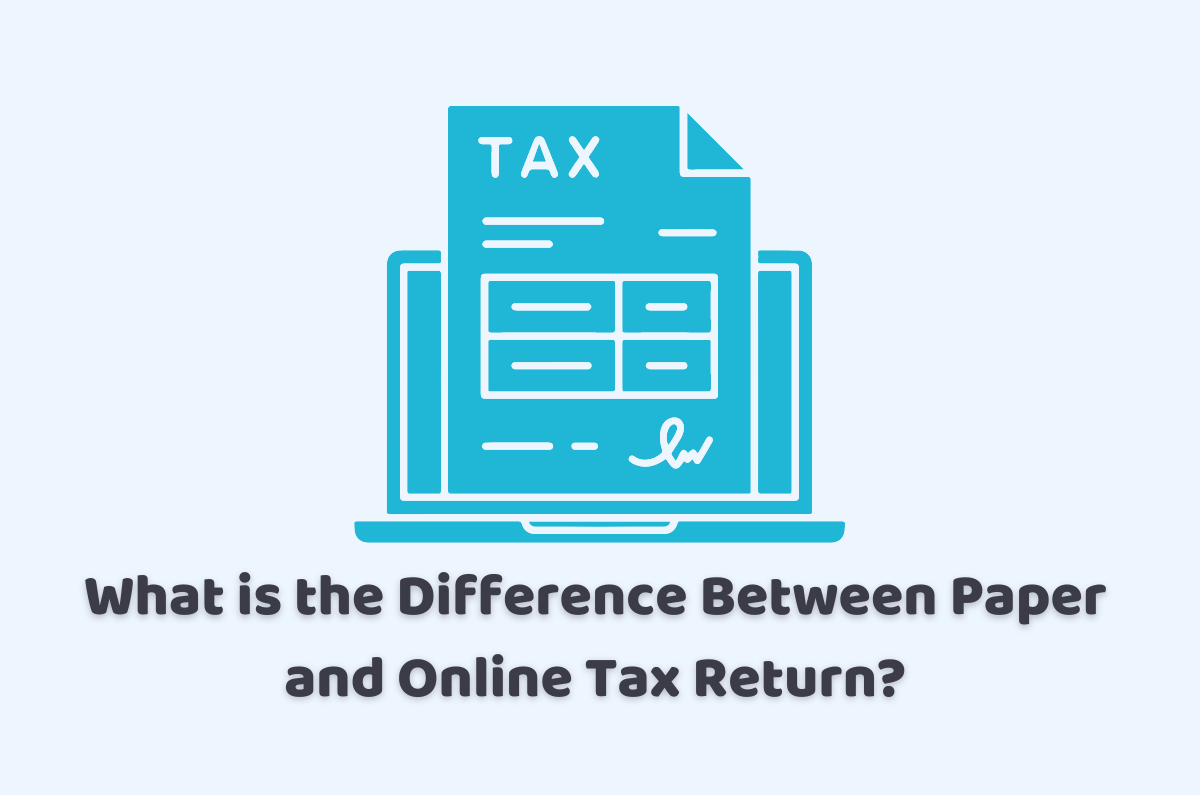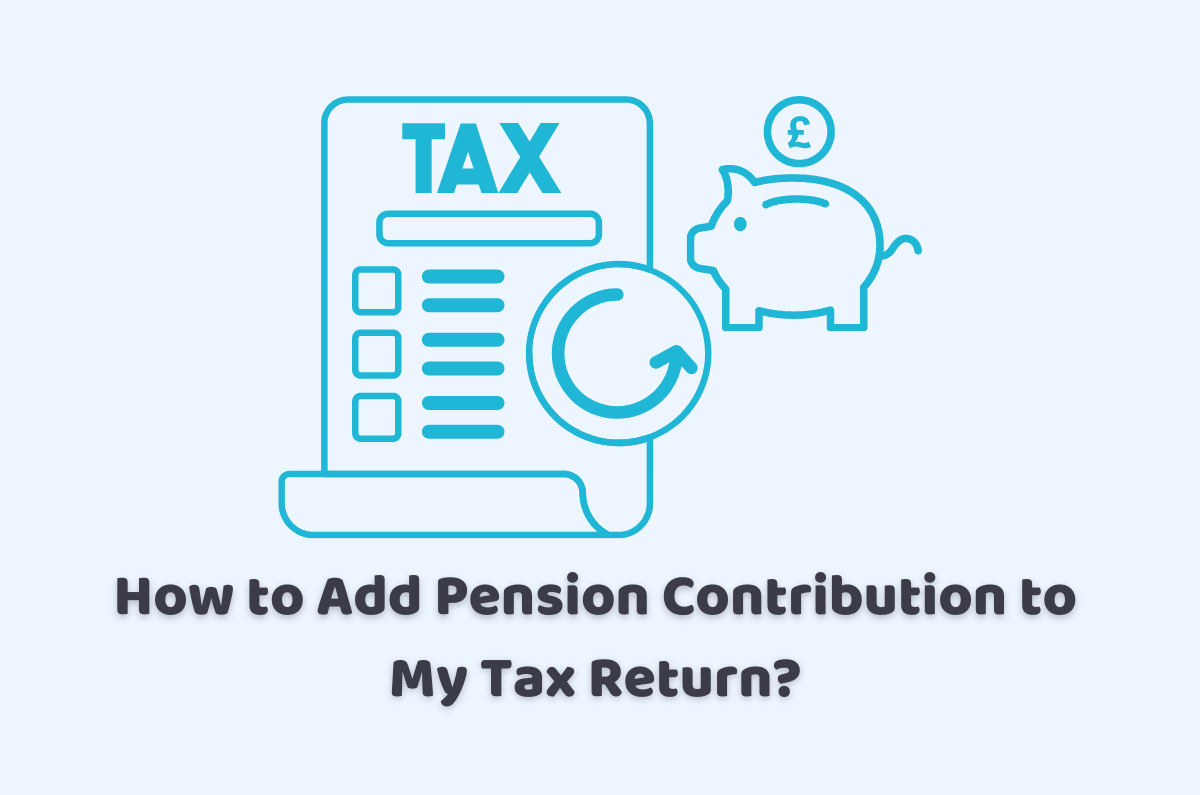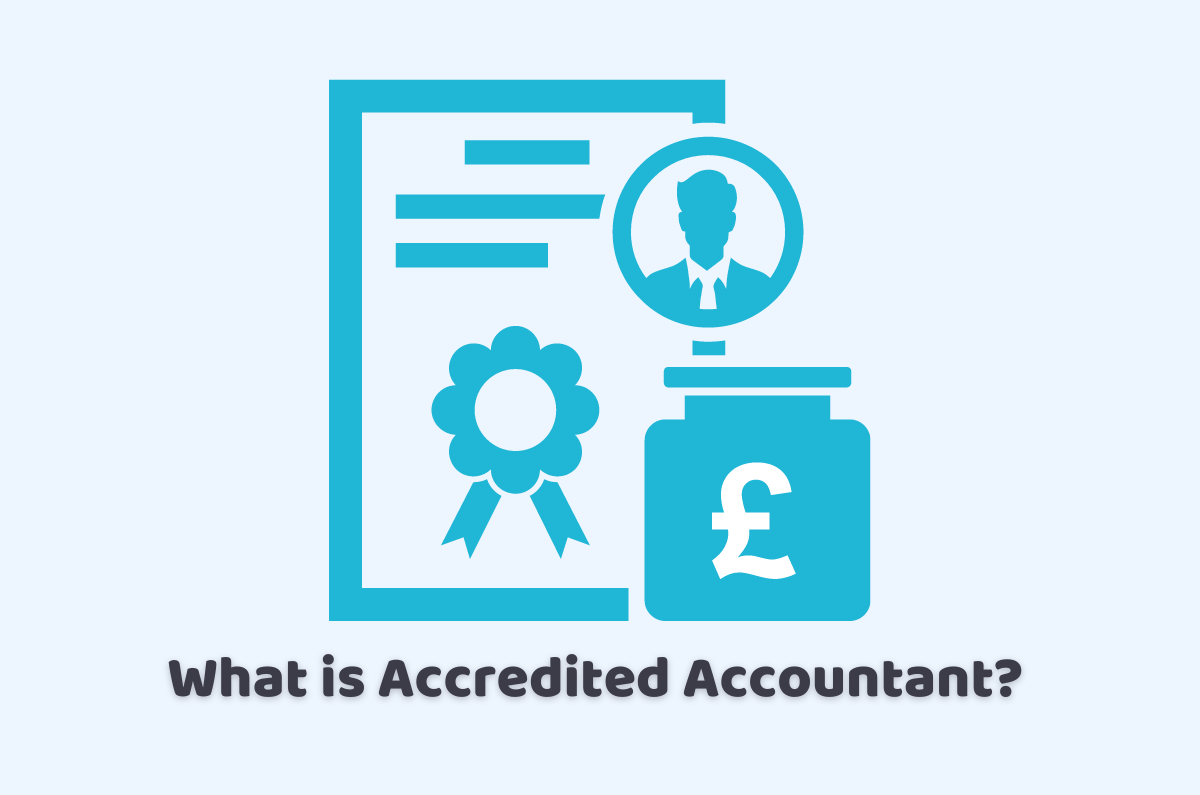
19/03/2024tax , Tax Issues , Tax News and Tips , Tax Saving Tips , Taxation
Wondering about the difference between paper and online tax returns? In this discussion, we have compared the differences between paper and online tax returns in the UK. Focusing on the submission process, convenience, and potential benefits. Although both methods serve the same purpose, they differ in terms of format, ease of use, and accessibility.
Paper tax returns allow for a more traditional approach, while online tax returns offer a more efficient and convenient option. Ultimately, the choice between paper and online tax returns depends on individual preferences, resources, and financial circumstances.
Talk to our best accountants and bookkeepers in the UK at CruseBurke. You will get instant help about the difference between paper and online tax returns.
Background of Tax Return in the UK
A tax return is a form submitted to HM Revenue and Customs (HMRC). This is done by individuals or businesses in the UK to report their income, gains, and taxes paid during a specific tax year. The purpose of a tax return is to ensure that the correct amount of tax is paid to the government. Also to provide an accurate record of an individual’s or business’s financial activities.
In the UK, tax returns are generally submitted annually, covering the period from 6 April to 5 April of the following year. Individuals who are required to file a tax return typically fall into one of two categories: those who are self-employed or have income from sources other than employment, and those who receive income.
For self-employed individuals, a tax return is used to report their business income and expenses and calculate their profit or loss for the year. This determines the amount of income tax and National Insurance Contributions (NICs) they owe. In addition to income and expenses, self-employed individuals must also report any Capital Gains Tax liabilities. Arising from the sale of business assets or investments.
For individuals with income from other sources, a tax return is used to report this income and claim any tax reliefs or allowances for which they may be eligible. Such as pension contributions or charitable donations. In some cases, individuals may need to file a tax return even if they do not owe any tax. For example, if they receive income that is not subject to income tax deductions at source.
What is a Paper Tax Return?
In the UK, there are two primary types of tax returns: the paper tax return (SA100) and the online tax return (SA100i). The paper tax return is a physical document that must be completed and mailed to HM Revenue and Customs (HMRC). The online tax return is an electronic version of the paper tax return, which can be completed and submitted through HMRC’s online portal.
The process of filing a paper tax return in the UK involves several steps:
- Obtaining a tax return form.
- Individuals or businesses must obtain a tax return form from HMRC. This can be done by contacting HMRC directly, downloading the form from the HMRC website, or requesting the form through the post.
Gathering Necessary Information:
Before starting the filing process, individuals or businesses must gather all necessary information, including income statements, receipts, invoices, and other financial documents. This information is needed to accurately calculate tax liability and ensure compliance with tax laws.
Completing the Tax Return Form:
The tax return form must be completed with accurate information, including personal details, income sources, expenses, and tax reliefs. It is important to double-check all calculations and information to minimise the risk of errors or omissions.
Calculating Tax Liability:
Once the tax return form is complete, individuals or businesses must calculate their tax liability by referring to the relevant tax rates and allowances. This includes determining the amount of income tax, National Insurance contributions, and any other taxes owed.
Submitting the Tax Return:
The completed tax return form must be signed, dated, and mailed to HMRC before the specified deadline. In most cases, the deadline for filing a paper tax return is October 31st following the end of the fiscal year.
Paying Taxes:
After submitting the tax return, individuals or businesses must pay any outstanding taxes owed. This can be done by setting up a direct debit, making a one-time payment, or arranging an instalment plan with HMRC.
Retaining Copies for Records:
It is essential to retain copies of all tax returns and supporting documents for at least six years. These records may be needed for future reference or in the event of an audit by HMRC.
What is an Online Tax Return?
Online tax returns are valid methods for submitting tax returns in the UK. Paper tax returns involve filling out a physical form and submitting it by post. Online tax returns are submitted electronically through HMRC’s online tax return service. The process for each method varies slightly, but the overall goal is to ensure that taxpayers report their income, gains, and taxes paid accurately and on time.
What is the Difference Between Paper and Online Tax Returns?
The primary difference between paper and online tax returns is the method of submission. Paper tax returns involve filling out a physical tax return form and mailing it to HMRC. This method is typically used by self-employed individuals, individuals with income from other sources, and businesses.
Online tax returns, on the other hand, involve using HMRC’s online tax return service to submit a tax return electronically. This method is typically faster, more convenient, and more environmentally friendly than the paper tax return process. Additionally, online tax returns may allow taxpayers to check their eligibility for various tax reliefs and make any necessary corrections to their tax returns before submitting them.
The Bottom Line
To conclude the difference between paper and online tax returns, we can say that the choice between paper and online tax returns ultimately is yours. It comes down to individual preferences, convenience, and accessibility. Both methods serve the same purpose of reporting income, expenses, and tax liabilities to HMRC. They differ in terms of format, submission process, and potential benefits.
In terms of accessibility, both paper and online tax returns are available to taxpayers in the UK. Ensuring that everyone has the opportunity to report their taxes accurately and on time. However, it is important to consider personal preferences, resources, and the specific requirements of one’s financial situation when choosing between the two options.
Are you seeking professional help to know the difference between paper and online tax returns? Why not get help from the experts at the CruseBurke? Talk to us now and we will get back to you instantly.
Disclaimer: The information about the difference between paper and online tax returns provided in this blog includes text and graphics of general nature. It does not intend to disregard any of the professional advice.



